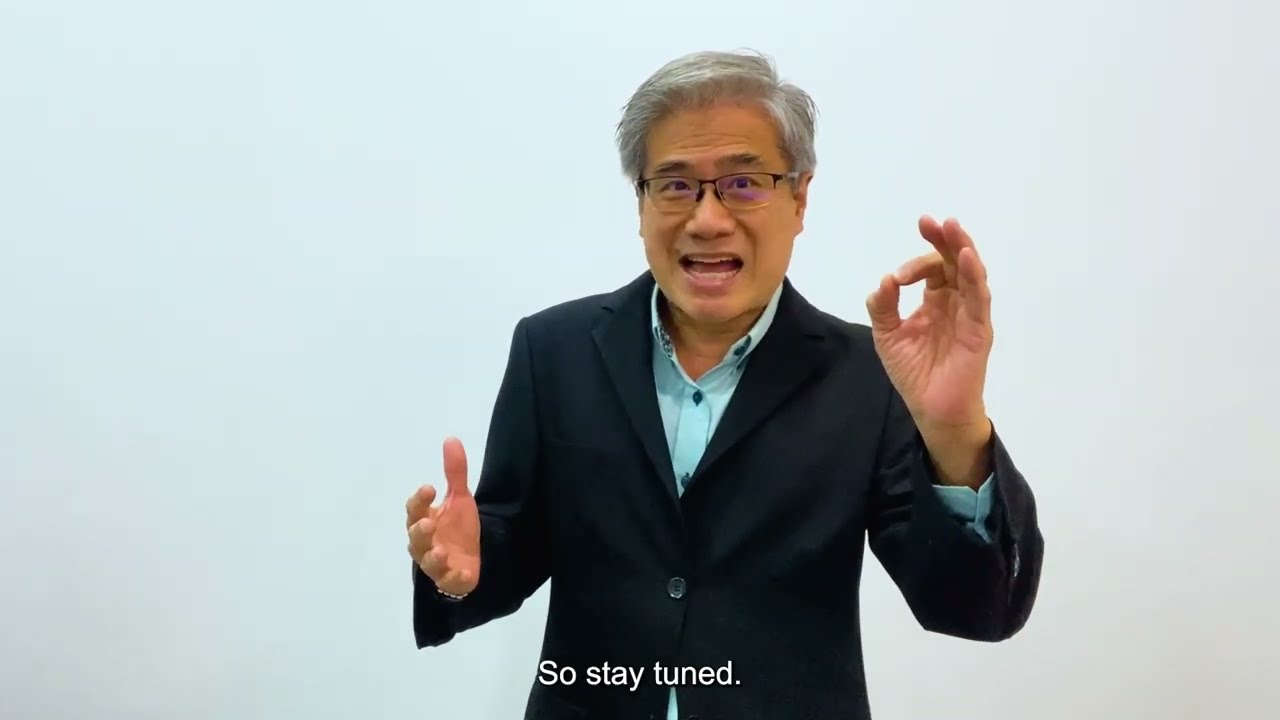In the technology industry, the pressure to innovate and excel is stronger than ever. Leaders must navigate through complex challenges, from adopting new technologies to managing diverse teams. Executive coaching proves to be an essential tool for maximizing the potential of these leaders. By offering an external perspective, coaching helps enhance leadership skills, optimize communication, and strengthen the overall performance of teams. Through personalized approaches, leaders can develop effective strategies to meet the demands of the industry and foster innovation.

In the ever-evolving technology industry, success relies on leaders’ ability to adapt, innovate, and inspire their teams. Executive coaching presents itself as a strategic tool that enables leaders to optimize their performance, strengthen their leadership skills, and create an environment conducive to innovation.
Executive coaching is a partnership relationship between an experienced coach and a leader, focused on personal and professional development. In the technological landscape, where the pressure to innovate is heightened, leaders need expert guidance to navigate effectively through the challenges specific to their sector. Executive coaching offers a structured framework that supports leaders in their decisions, helps them better manage organizational transformations, and maximizes team buy-in to necessary changes.
One of the essential aspects of executive coaching is that it helps develop a clear vision and an inspiring leadership. Leaders are trained to effectively communicate their vision to their teams, which is fundamental to mobilizing human resources and encouraging engagement. Clear communication fosters a shared understanding of objectives and issues, reducing resistance and promoting a collaborative dynamic.
With the growing adoption of Artificial Intelligence in executive coaching, leaders benefit from new perspectives to improve their leadership style. AI can provide substantial data analyses that help leaders make more informed decisions. By integrating AI tools, coaching becomes even more relevant, allowing for in-depth personalization of sessions based on each individual’s specific needs.
Interpersonal skills are another area where executive coaching has a significant impact. In the tech industry, where teams are often multicultural and diverse, it is essential for leaders to navigate adequately in these environments. Coaching helps leaders enhance their emotional intelligence and improve their ability to understand and manage others’ emotions, which is crucial for maintaining harmonious and productive working relationships.
The executive coaching process also includes measurable goals and regular follow-ups, allowing leaders to visualize their progress. These structured steps help leaders step back from their current situation, set realistic goals, and develop concrete action strategies to achieve them. By going through this journey, leaders gain a better understanding of their strengths and areas for improvement, preparing them to tackle future challenges with greater confidence.
Finally, it is important to mention that executive coaching generates lasting benefits not only for the coached individual but also for the organization as a whole. Studies have shown that leaders who engage in executive coaching demonstrate better performance in team management, decision-making, and strategy. The impact of such transformation can translate into increased innovation, improved employee satisfaction, and ultimately, a better market position.

FAQ on Success in the Tech Industry through Executive Coaching
What is executive coaching? Executive coaching is a collaborative process between a coach and a leader, aimed at improving the skills, leadership, and performance of the leader within the organization.
How can executive coaching help leaders in the technology industry? Executive coaching helps leaders develop their leadership skills, stimulate innovation, and better navigate a constantly evolving environment.
What are the benefits of executive coaching for leaders? Leaders who benefit from executive coaching experience improved decision-making, more effective team management, and better organizational performance.
What types of skills are developed through executive coaching? Executive coaching focuses on skills such as communication, change management, strategic decision-making, and understanding team dynamics.
Who can benefit from executive coaching? Leaders, executive executives, and professionals in charge of decision-making within companies can all benefit from executive coaching to maximize their potential.
How does an executive coaching process unfold? The coaching process involves several steps, including needs assessment, goal setting, regular coaching sessions, and follow-ups to measure progress.
Is executive coaching confidential? Yes, executive coaching is a structured and confidential process, ensuring a safe space to discuss professional challenges and development goals.











